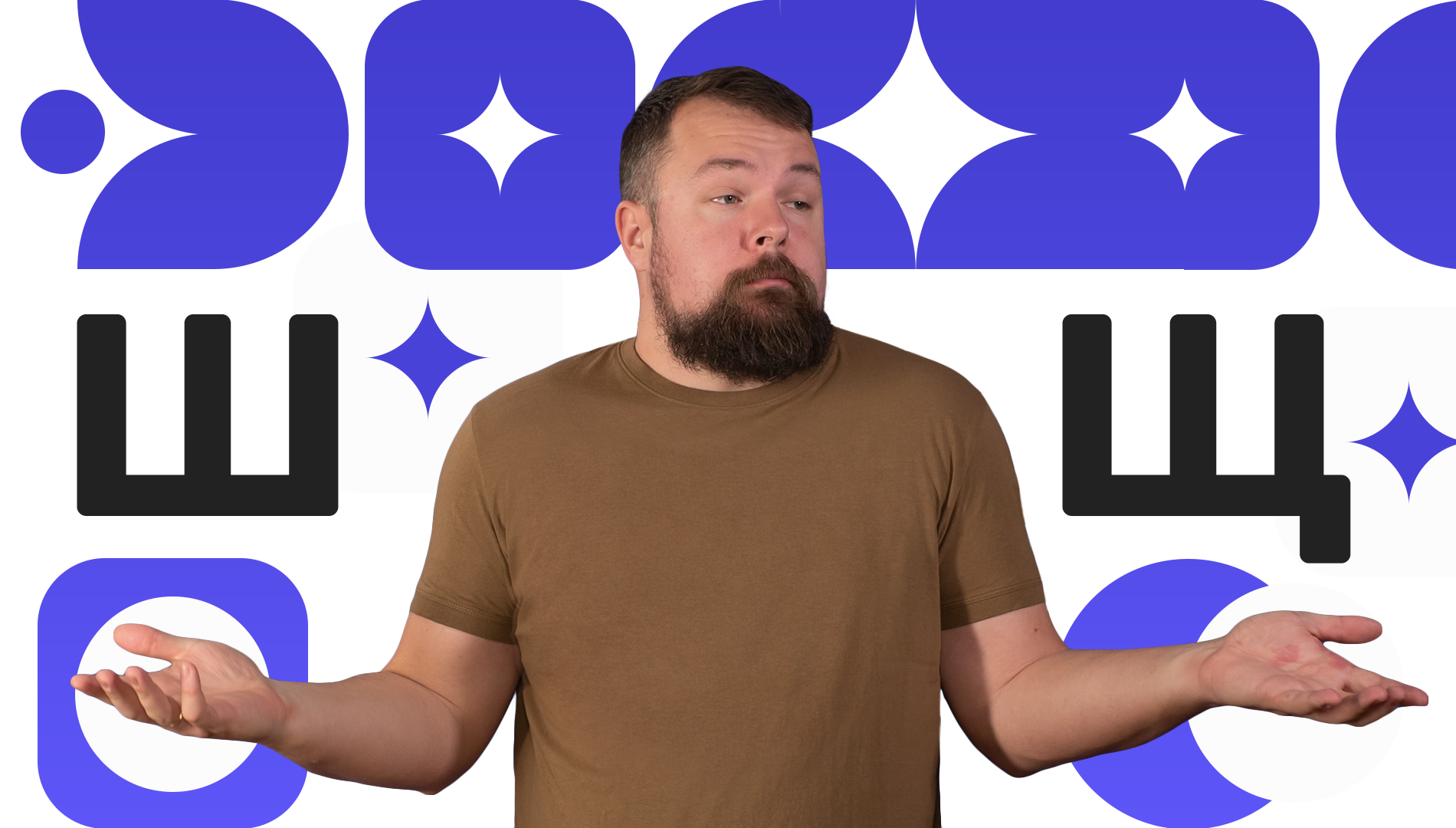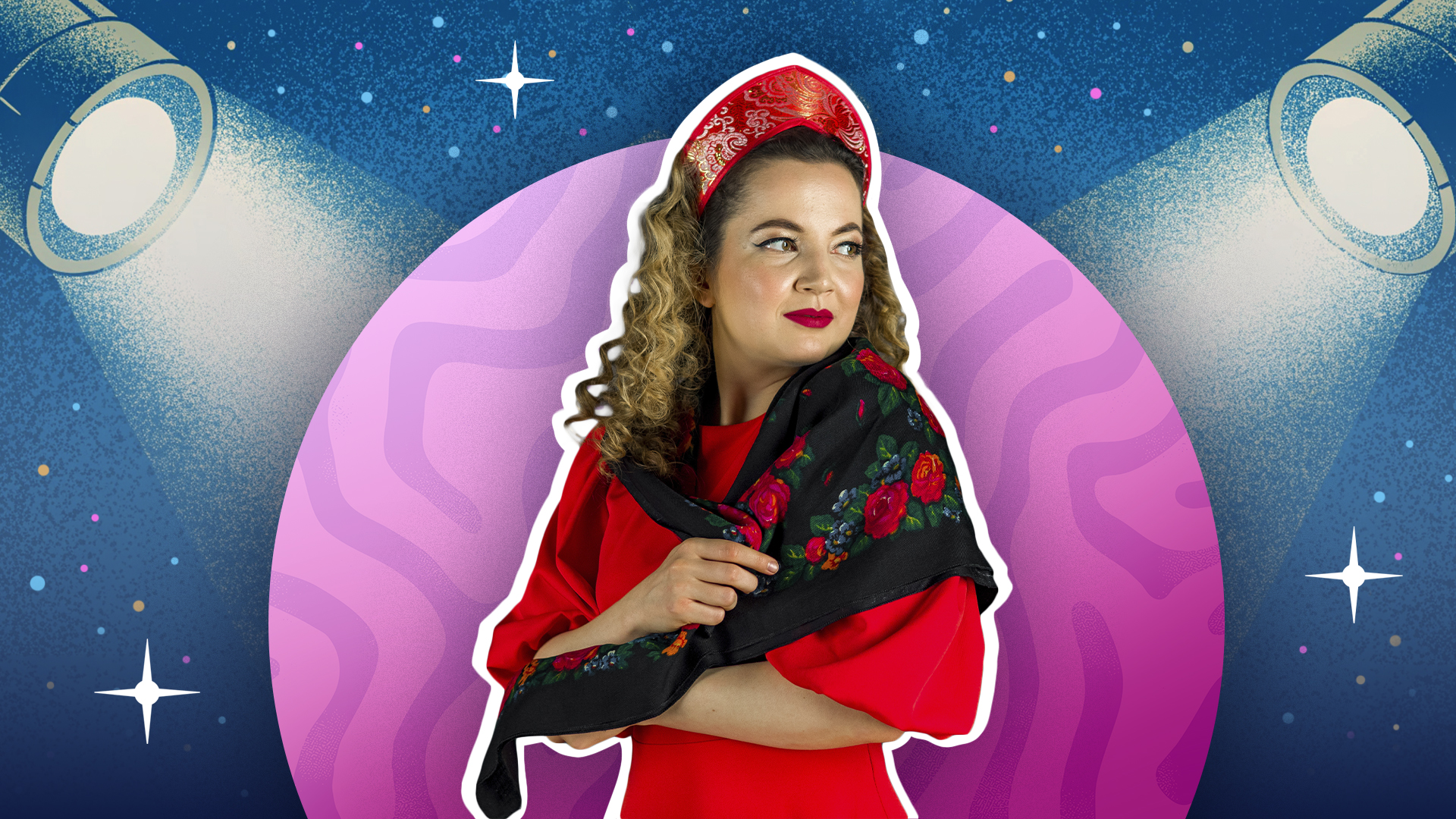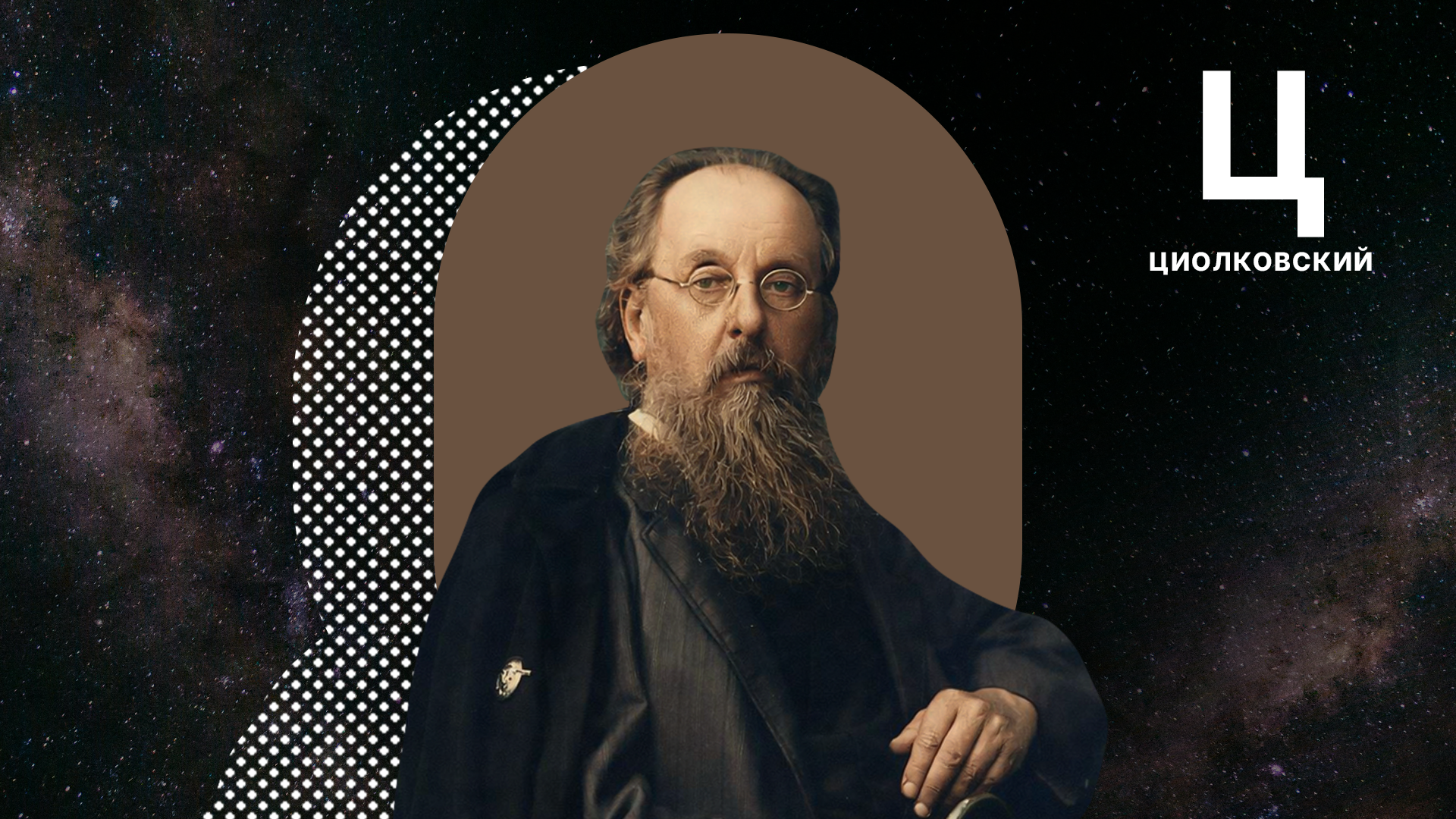
Imperfective & perfective verbs in Russian explained

Verbs in Russian are divided into two categories: imperfective and perfective. And the verb aspect indicates whether the action has been completed or not.
Sometimes, these are very similar verbs, with only a small thing changing, such as a prefix or suffix. And the type depends on which one to use in each specific situation. A person can speak Russian fluently and master all cases, but, unfortunately, still make mistakes in aspects.
"For Russian native speakers, the correct definition of the verb aspects using the correct question is not difficult. But, foreigners learning Russian find this topic difficult, as their native languages don't have a category of an aspect in the form in which it is presented in the Russian language," Gramota.ru (Грамота.ру) experts say.
1) Imperfective verbs
This aspect indicates a process of an action or that the action is repetitive or continues. But it doesn't indicate that the action is completed.
Usually, Russians differentiate these verbs by asking a question: “что делать?”/“что сделать” (“what to do?”/"What's to be done?"). Imperfective verbs reply to the question "что делать?".
Here are a few cases where it's used:
- A process that is happening right now: “I am doing my work.” – “Я делаю свою работу.”
- A repeated action: “I read every day.” – “Я читаю каждый день.”
- A statement: “I love cats.” – “Я люблю кошек.”
2) Perfective verbs
These verbs indicate that the action is completed and only happened once. And it replies to the question "что сделать?"
Here’s a few cases where it's used:
- One-time action: “I read the book.” – “Я прочитала книгу.”
- Completed action: “I did my work.” – “Я сделал свою работу.”
- A result of action: “I closed the door.” – “Я закрыла дверь.”
The most important thing about the perfective verbs is that they don’t have a present tense! And can only be used in the past or future tenses.

Compare:
- “Я закрыла/закрою дверь (“I closed the door.” – “I’ll close the door.”) – perfective form
- “Я закрываю дверь.” (“I am closing the door.”) – imperfective form
And here’s the difference of their use:
- “I read this book.” – “Я прочитала эту книгу.”
- “When I was reading this book, I got bored.” – “Когда я читала эту книгу, мне стало скучно.”
There is a certain “hack” to differentiate these verbs: the perfective verbs more often have prefixes: ‘читать’ – ‘прочитать’ (‘read’), ‘делать’ – ‘сделать’ (‘do’).













